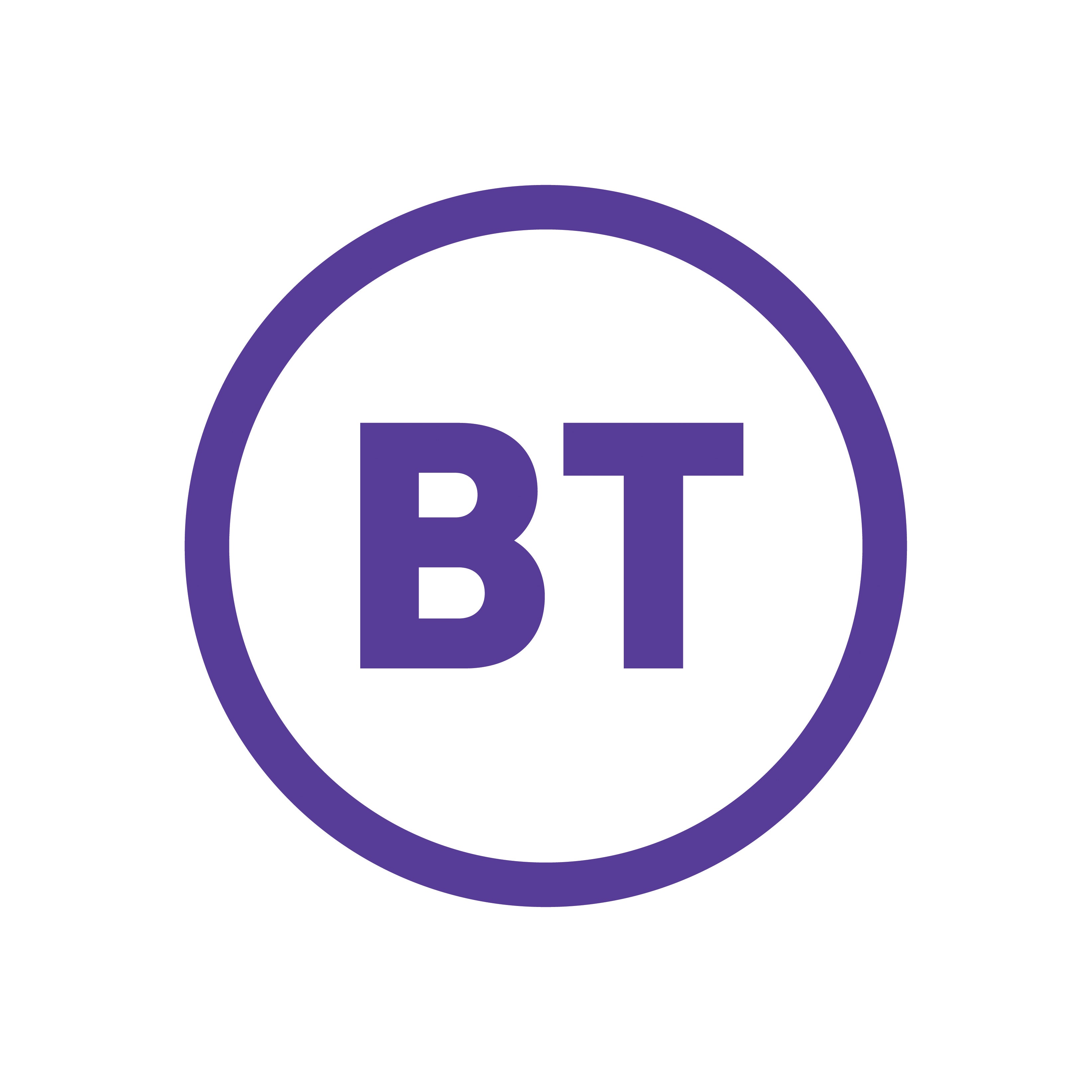
The director of marketing and technical services at Kingston Technology discusses the need for greater vigilance when it comes to portable devices….
What is removable media and what are the risks associated with it?
Removable media relates to portable devices such as USB sticks, smartphones and external hard drives. At their best, they represent convenient means of moving personal and business-related information for the increasingly mobile citizen or employee. At their worst, if misplaced, or stolen, they represent a treasure trove for opportunistic data thieves.
At Kingston Technology, a world leader in memory products and technology solutions, we sold millions of portable devices last year across the Europe, Middle East and Africa (EMEA) regions. Yet, staggeringly, only a small percentage of those purchases were for the hardware-encrypted or password-managed solutions in our range.
What do you think is the reason for this oversight?
I think a lot of people tend to underestimate a problem until it’s happened to them. But losing a USB stick or a laptop or having their data stolen would be a harsh lesson to learn. It would be better to avoid that situation if possible. I think the key to improving the situation would be for companies to invest not only in hardware-encrypted technologies but in the time it takes to inculcate a change in the culture of their organisation. Raising awareness and stressing the scale of the risk – consider the USB stick lost by a Heathrow Airport employee that contained swathes of sensitive information – is crucial to improving cyber resilience.
Are hardware-encrypted USBs and SSDs an investment worth making over, say, cloud-based systems?
I don’t think it’s necessarily a case of either/or. But it’s important to appreciate that rolling out a cloud-based system incurs a greater cost and may involve extensive re-training of a workforce. On the flip side, USBs and SSDs are already commonplace. Rolling out encrypted models, which in comparison, costs far less, is an investment worth making. Your average USB stick retails at £3-15, depending on size. In the scheme of things, an extra £10-20 for the encrypted version is nothing.
Organisations need to be serious about their cyber security strategies. A failure to protect sensitive data carries not only the immediate risk of it being stolen, but also represents long-term reputational damage stemming from a lack of trust. Agreeing standards on good cyber hygiene is paramount to the success of any company.
What makes Kingston’s products more effective than others?
Our range of encrypted products is tailor-made for any level of cyber security, sensitive to individual or organisational needs. Armed with over 30 years of experience in the cyber security field, we use sophisticated 256 AES hardware-based encryption in XTS mode technologies to safeguard our encrypted USB products and deploy SED & TCG OPAL in our encrypted SSDs. There are a host of features, including self-destruction after 10 unsuccessful attempts as well as using an epoxy resin in the devices that prevents tampering by crumbling all of the internal chips. We are committed to making sure that information remains in the hands of those it is intended to.
For more information on Kingston’s encrypted products, click here.




